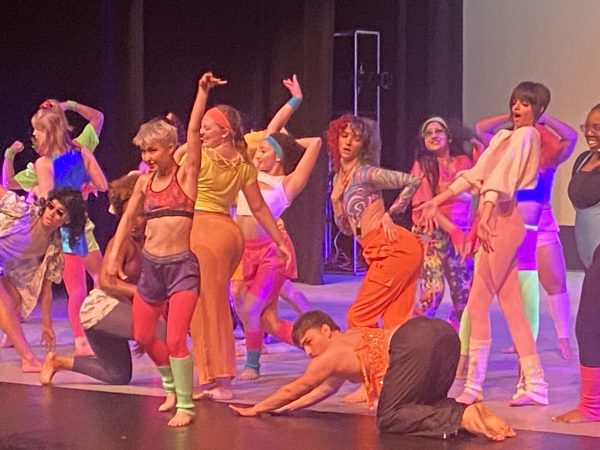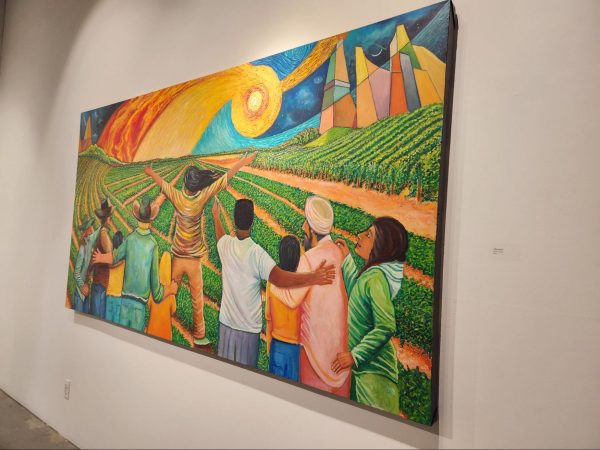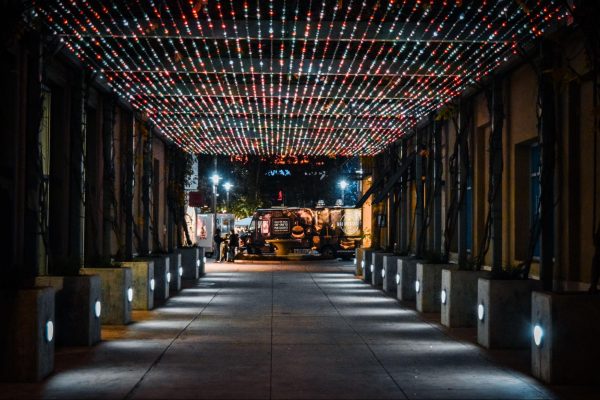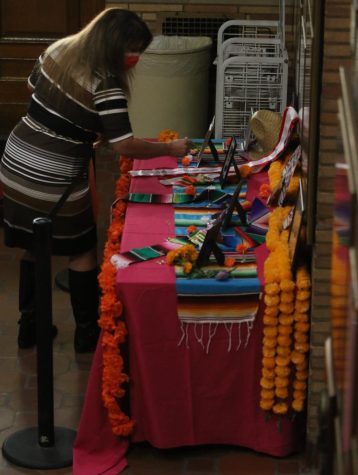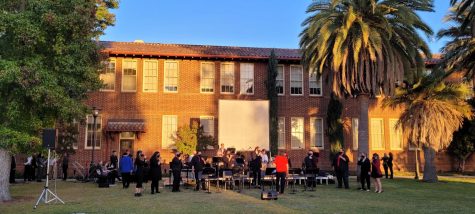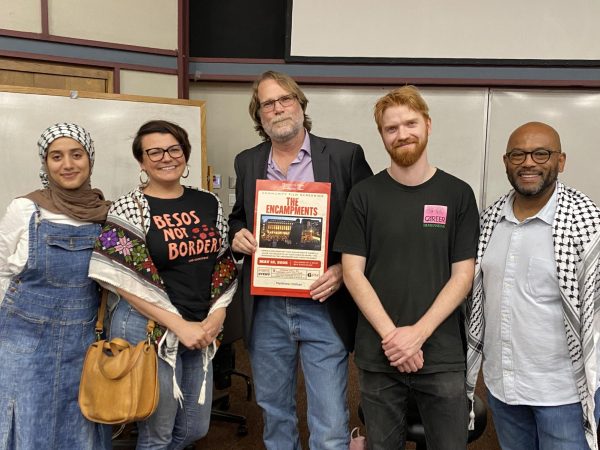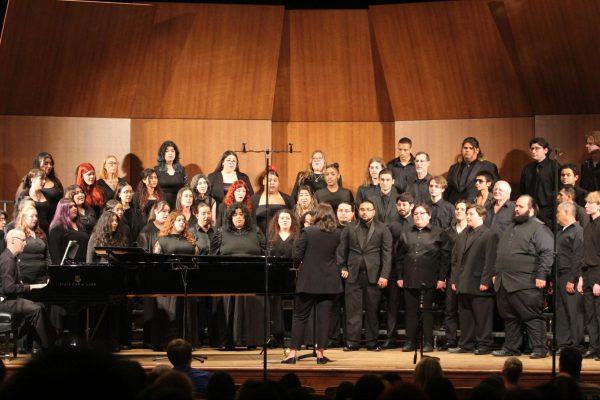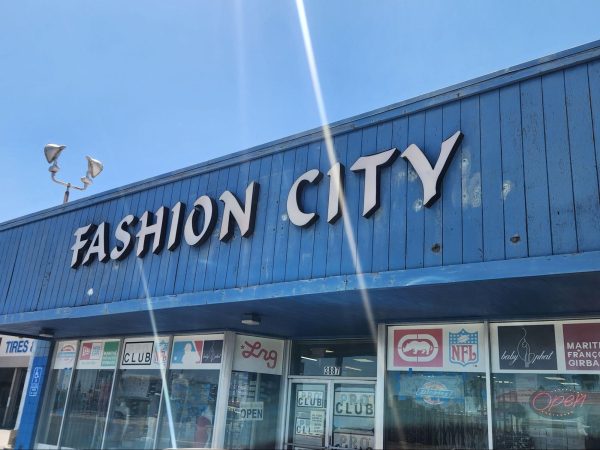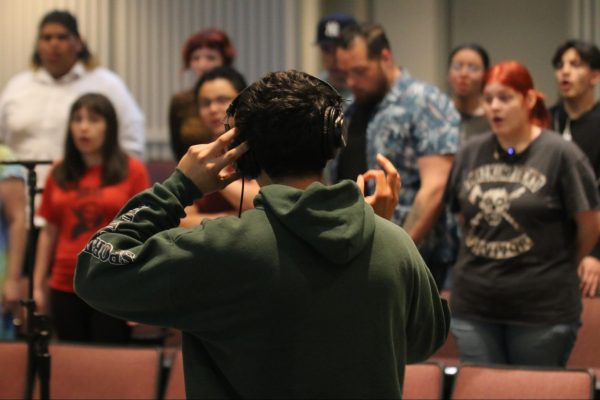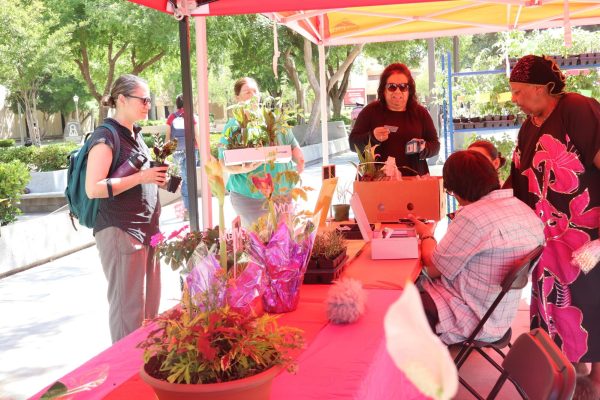DSP&S — Raising Awareness about Disabilities
The Disabled Students Programs & Services Program is collaborating with the Social Vocational Services Tower Art Center to raise awareness about disabilities throughout October.
“I hope the events that we have planned help the college community to understand the history of disability equity in our country and to appreciate the diversity of the disability community,” said Dr. Stephanie Crosby, DSP&S director. “Providing people with the chance to learn about disabilities helps to change the assumptions that are made about people with disabilities.”
During this period, DSP&S will hold various workshops, presentations, exhibition of art and history, both related to and created by people with disabilities. Crosby said art has always been a medium to drive discussion and broaden perspectives.
“All people, regardless of abilities, should have access to opportunity to participate in a full range of community activities, including art,” said Pam Tibbet, the coordinator of the DSP&S art display. “Community art programs encourage creativity, promote engagement, emphasize inclusion, and extend access and opportunities for community involvement.”
Disability Awareness Month is designed to bring awareness about stigmas, highlight the accomplishments of those with disabilities, and dispel any stereotypes some people may still hold.
“Disability is a topic that many individuals are uncomfortable talking about and recognizing,” Crosby said. “Disability Awareness Month provides a platform to open conversations about commonalities across different groups of people.”
“People with disabilities are the same as everyone else,” Tibbet said. “They have strengths, capabilities, talents and ways to contribute, with art being just one of them.”
Art — Exhibiting More than Talent
“Art therapy can help someone with a disability – or anyone for that matter – to express themselves in a nonverbal way, manage behavior, increase self-awareness, develop interpersonal skills and reduce stress,” Tibbet said.
Andrew Moritz, Program Director of the SVS Tower Art Center said one of the most extraordinary aspects of art therapy in the group he works with is that “some individuals came in and couldn’t even speak, but through art therapy, did a complete turn around and speak now.”
SVS Tower Art Center is a statewide non-profit, day program for adults with disabilities, the only one in the state with art as its focus. The center offers programs such as painting, drawing, music, folklorico dance, filming, photography, poetry, sewing and even fashion design.
These programs, according to Andrew, are intended to promote and encourage clients to become more involved in the community and promote independence in all areas, including budgeting and hygiene. All of the center’s clients are referred by a social worker from the Central Valley Regional Center.
In its open house on Oct. 2, the DSP&S office was decorated with bright and colorful banners and balloons.
The office was filled with art of all sorts vivid and unique designs with no indication that the artists were dealing with medical or mental issues.
What was evident in all the art was emotion. “Lost in Space” was a tapestry of the midnight sky with sparkling stars and brighter planets illuminating the twilight.
Photographs of historical personalities who have made great contributions to the American society in general, despite their disabilities were also displayed; like Fred Fay, who despite becoming a quadriplegic from a gymnastic accident, was able to advise Congress on disabilities and was highly influential in the civil rights activism for people with disabilities.
Disability Etiquette 101 and Other Events
“The first step in promoting disability awareness is education; our upcoming events do just that,” Tibbet said. “Our events will provide people with the opportunity to develop a better understanding about disabilities, the laws, and the importance of acceptance.”
On Oct. 3, the DSP&S office held a workshop on Disability Etiquette 101 to help people without disabilities socialize with the disabled and learn how to approach or address them with sensitivity.
On Oct 11, non-profit organizations as well as businesses and agencies that assist the disabled community will hold a vendors’ fair.
On Oct. 24 DSP&S will host a presentation on the deaf culture. Faculty are greatly encouraged to attend and participate.
On Oct. 25, DSP&S will host “Shedding Some Light on Hidden Disabilities,” a workshop to help the college community understand that some disabilities are invisible and to shed light on conditions that cause limitations that may not be visible to the naked eye.
“I hope that as we provide more information to the college community that students who need accommodations feel comfortable coming in to ask questions,” Crosby said. “Students should be aware that services through DSP&S are confidential. We do not share their information with anyone without written permission.”
DSP&S — Providing Educational Access
“Our focus is on college access and education. We work with the community to connect students with agencies that focus on employment, tutoring, medical care, and transportation,” Crosby said. “On campus, we collaborate with the EOPS program, CalWorks, student services, and academic departments to make sure that students have access to all support they are eligible for and all accommodations that provide educational access.”
It is important for people to be empathetic towards the challenges that those with disabilities face on a day-to-day basis.
”I think they [DSP&S] are great. They help me a great deal,” said Deborah Jones, a DSP&S student. “I got my degree, but I had to come back for another class, and they’ve been very supportive. And I am very appreciative”
Johnathan Jimenez, a student who receives services from DSP&S, says society should stop shaming and labeling people with disabilities.
“We are individuals just like you and me, just walking down the street,” he said. “We just take different roads to get to that destination.”
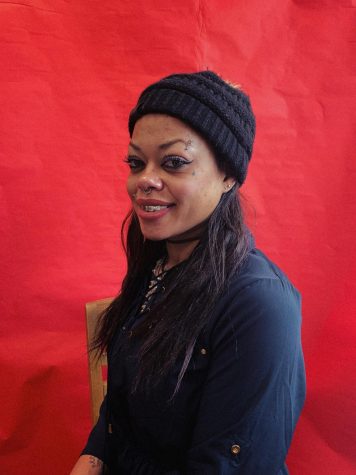
Tamika Angie Rey is a 32-year-old second year college student who is striving to become a professional journalist. She is currently majoring in journalism...

